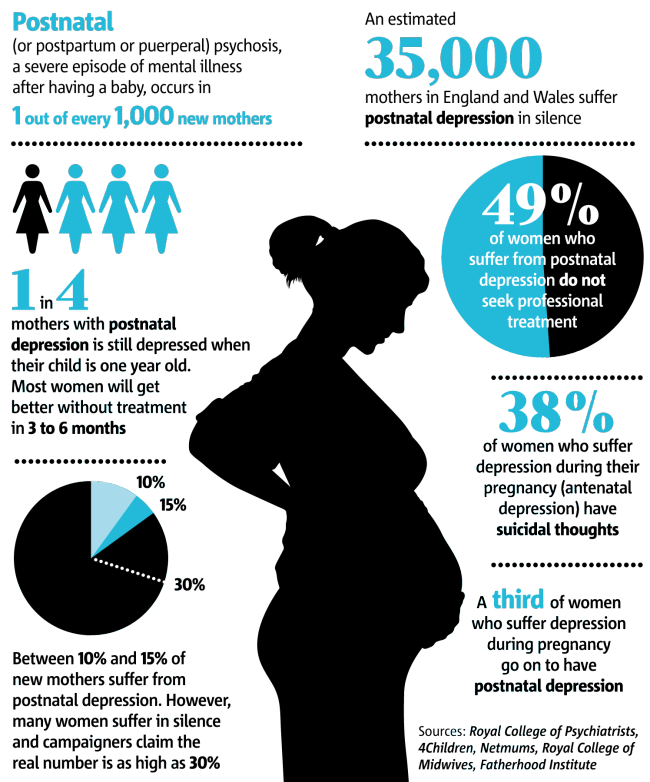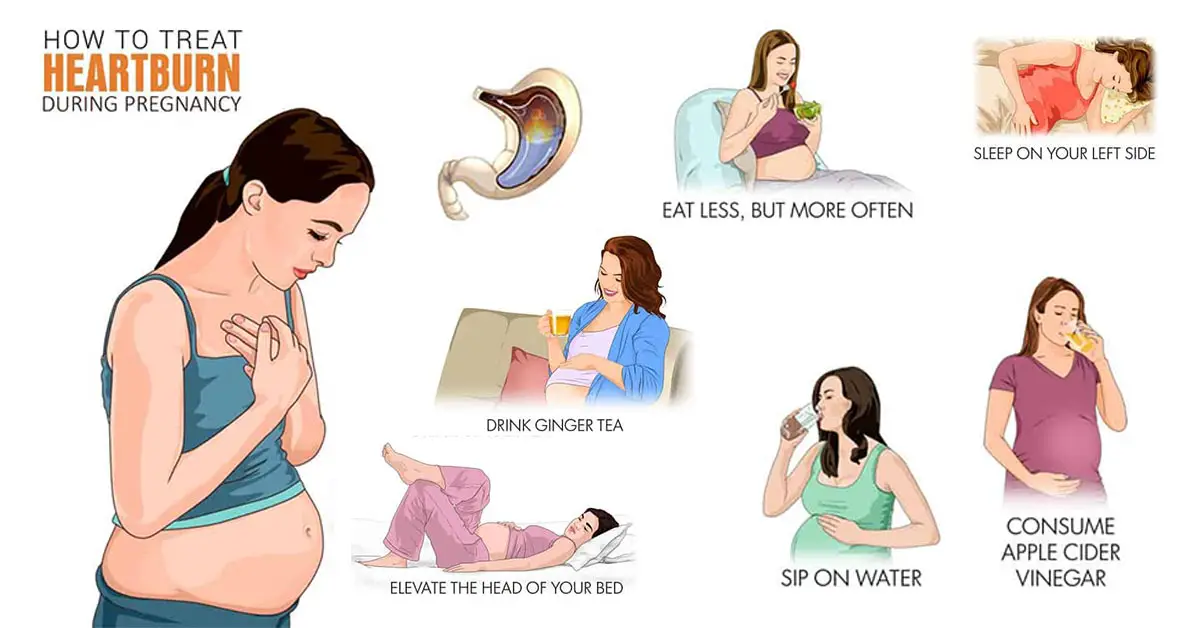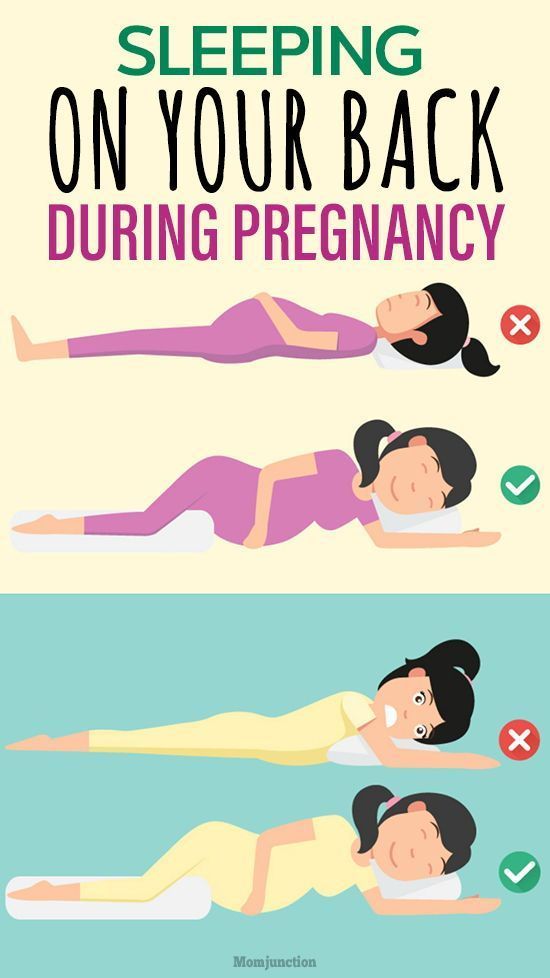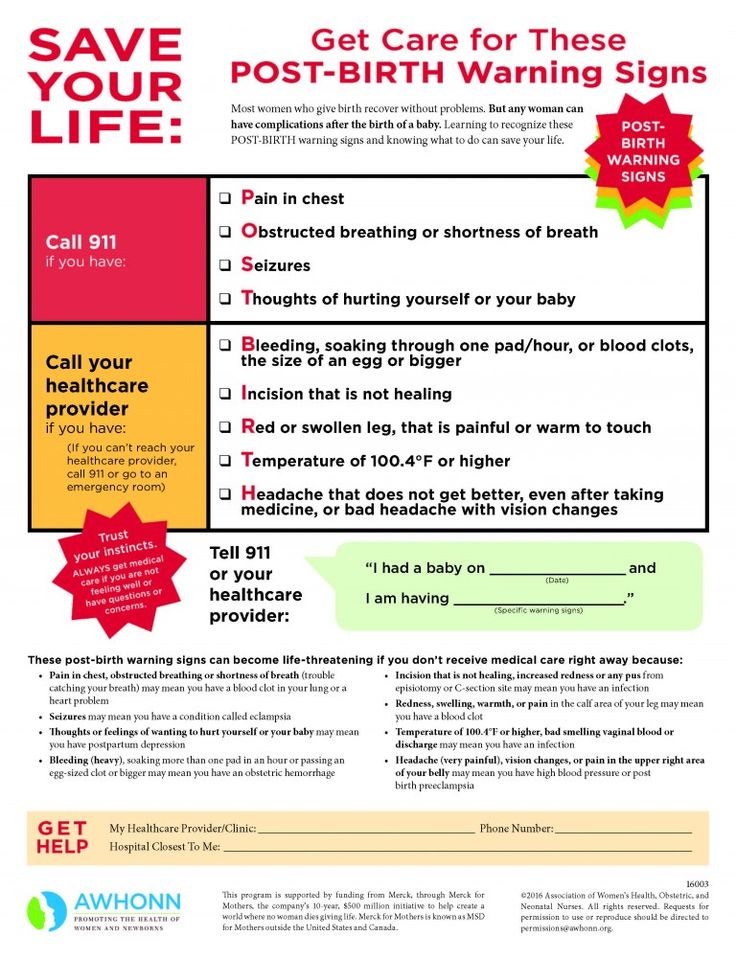Help to sleep during pregnancy
Get a Good Night's Sleep During Pregnancy
Pregnancy is a magical time in many ways, but your sleep schedule during these nine months might be less than dreamy. The growing belly, the aches, the pains, the heartburn — many women experience sleepless nights long before there’s a hungry, crying infant in the picture.
Having trouble sleeping is common during pregnancy, says Grace Pien, M.D., M.S.C.E. , assistant professor of medicine at the Johns Hopkins Sleep Disorders Center . A growing belly, pressure on the diaphragm, increased urinary frequency, gastroesophageal reflux disease (GERD) and restless legs syndrome (RLS) are just a few of the hurdles standing between you and a restful night.
Changes can begin as early as the first trimester, when women feel drowsier than normal due to a spike in progesterone, a hormone made by the ovaries and the placenta during pregnancy. The second trimester often brings some relief, says Pien. But by the third trimester, it can become hard to find a comfortable sleeping position. At this stage, high levels of estrogen can also cause some women to develop rhinitis (swelling of the nasal tissue), which can be associated with snoring and obstructive sleep apnea .
How Lack of Sleep Affects Pregnancy
Lack of sleep is more than an inconvenience. New research suggests that women who don’t get enough sleep during pregnancy may have higher risks of developing pregnancy complications including:
- Preeclampsia, or high blood pressure
- Gestational diabetes
- Longer labors and higher rates of cesarean section , particularly among women who get fewer than six hours of sleep over the course of 24 hours
Restless Legs Syndrome and Pregnancy
Restless legs syndrome (RLS), an uncontrollable urge to move the legs while at rest, is usually associated with older adults. But it’s also one of the most common reasons for sleeplessness during pregnancy.
RLS typically occurs in the evening, often when you get into bed. Though it’s uncomfortable, there is a silver lining: It doesn’t last forever. “It does get better after delivery and actually pretty quickly, within the first week or so,” Pien says.
RLS is often linked to anemia , which is common in pregnant women. Talk to your doctor about taking prenatal vitamins and supplements, such as folic acid and iron, to keep anemia under control.
How to Get Enough Rest While Pregnant
You’ll probably endure plenty of sleepless nights once the baby arrives, so it’s important to get enough sleep while you can. For occasional help, over-the-counter remedies containing diphenhydramine are fairly safe, Pien says.
For more chronic sleep problems, lifestyle changes like abandoning television and electronics before bed are helpful. Pregnant women should not underestimate the effect of stress on their sleep. Stress reduction techniques are essential.
“It's clearly a time when there are a lot of biological changes going on, but, in addition, expectant parents may be moving homes or just trying to figure out what they’re going to do after the baby is born,” Pien says. “There can be a lot of other stressors, and sometimes the first chance that people get to think about it is when the lights go out.”
“There can be a lot of other stressors, and sometimes the first chance that people get to think about it is when the lights go out.”
She suggests making to-do lists for the next day before bedtime to avoid taking stress to bed with you.
Once the baby comes, make sure to prioritize sleep, even though your lifestyle will change.
“People are going to want to come over, but don’t worry so much about making sure that the house is clean and all of that,” she says. “Set priorities around getting enough sleep, and know that it’s going to take a few months.”
Sleeping During Pregnancy (for Parents)
Reviewed by: Larissa Hirsch, MD
en español El sueño durante el embarazo
Why Does Pregnancy Sometimes Make Sleeping Difficult?
When you're pregnant, it can be hard to get a good night’s sleep. As you get bigger, it gets tougher to find a comfortable sleeping position. You may need to pee in the middle of the night. And heartburn can wake you up.
Some women have leg cramps and backaches, especially as they begin carrying more and more weight. Many pregnant women report that their dreams become more vivid than usual, and some even have nightmares.
Stress can interfere with sleep too. Maybe you're worried about your baby's health, anxious about your abilities as a parent, or feeling nervous about the delivery itself. All these feelings are normal, but they might keep you (and your partner) up at night.
How Can I Get a Better Night’s Sleep?
Early in your pregnancy, try to get into the habit of sleeping on your side. Lying on your side with your knees bent is likely to be the most comfortable position as your pregnancy progresses. It also makes your heart's job easier because it keeps the baby's weight from applying pressure to the large vein (called the inferior vena cava) that carries blood back to the heart from your feet and legs.
But don't drive yourself crazy worrying that you might roll over onto your back during the night. Shifting positions is a natural part of sleeping that you can't control.
Shifting positions is a natural part of sleeping that you can't control.
Try experimenting with pillows to find a comfortable sleeping position. Some women place a pillow under their abdomen or between their legs. Also, using a bunched-up pillow or rolled-up blanket at the small of your back may help to relieve some pressure. In fact, you'll see many "pregnancy pillows" on the market. If you're thinking about buying one, talk with your doctor first about which might work for you.
Over-the-counter sleep aids, including herbal remedies, are not recommended for pregnant women.
Instead, these tips may safely improve your chances of getting a good night's sleep:
- Cut out caffeinated drinks like soda, coffee, and tea from your diet as much as possible. Restrict any intake of them to the morning or early afternoon.
- Avoid drinking a lot of fluids or eating a full meal within a few hours of going to bed. (But make sure that you also get plenty of nutrients and liquids throughout the day.
 ) Some women find it helpful to eat more at breakfast and lunch and then have a smaller dinner. If nausea keeps you up, try eating a few crackers before you go to bed.
) Some women find it helpful to eat more at breakfast and lunch and then have a smaller dinner. If nausea keeps you up, try eating a few crackers before you go to bed. - Get into a routine of going to bed and waking up at the same time each day.
- Avoid rigorous exercise right before you go to bed. Instead, do something relaxing, like reading a book or having a warm, caffeine-free drink, such as milk with honey or a cup of herbal tea.
- If a leg cramp awakens you, it may help to press your feet hard against the wall or to stand on the leg. Some women find that stretching their calf muscles before bed helps. Also, make sure that you're getting enough calcium and magnesium in your diet, which can help reduce leg cramps. But don't take any supplements without checking with your doctor.
- Take a yoga class or learn other relaxation techniques to help you unwind after a busy day. (Be sure to discuss any new activity or fitness regimen with your doctor first.
 )
) - If fear and anxiety are keeping you awake, consider enrolling in a childbirth class or parenting class. More knowledge and the company of other pregnant women may help to ease the fears that keep you awake at night.
What If I Still Can't Sleep?
Of course, there will be times when you just can't sleep. Instead of tossing and turning, worrying that you're not asleep, and counting the hours until your alarm clock will go off, get up and do something calm: read a book, listen to music, or look at a magazine. Eventually, you'll probably feel tired enough to get back to sleep.
And if possible, take short naps (30–60 minutes) during the day. Naps can help you have energy to get through the day and give your body the rest it needs.
Reviewed by: Larissa Hirsch, MD
Date reviewed: May 2022
10 tips for coping with insomnia during pregnancy
At least two thirds of pregnant women suffer from sleep problems 1 . In some women, they occur periodically and do not affect daily life, while others spend every night without sleep and live for many months in sleep-deprived mode.
In some women, they occur periodically and do not affect daily life, while others spend every night without sleep and live for many months in sleep-deprived mode.
Doctors warn that insomnia during pregnancy is normal. It is difficult for a woman to fall asleep due to a large belly, baby movements, heartburn, nausea, tingling and leg cramps. One of the causes of insomnia is considered to be a lack of oxygen: the uterus presses on the diaphragm and reduces the volume of the lungs, and the respiratory mucosa swells against the background of hormonal changes. Even if you manage to fall asleep, frequent trips to the toilet at night do not give you a normal rest. nine0005
What if you are already desperate to get a good sleep, and taking medication while carrying a baby is not an option? We offer 10 life hacks that will help to cope with insomnia in a future mother.
#1: Use Pillows
They say that a pregnant woman can't have too many pillows, and it's true. Try different positions: wrap your legs around a pillow, put it under your lower back, support your back to lie comfortably on your side.
Ideally, if you buy a special pillow for pregnant women, which gives a lot of space for imagination and makes life easier. It is indispensable for insomnia in the last 10-12 weeks of pregnancy. Choose options from holofiber, granules, swan or artificial down - they will provide maximum comfort. nine0005
#2: Sleep on your left side
In this position, the enlarged uterus does not compress the inferior vena cava and does not restrict blood flow to the placenta. Sleeping on your left side is an excellent prevention of edema and restless legs syndrome.
#3: Eat a Light Dinner
Heavy meals put a load on the stomach and prevent the body from resting properly at night. For dinner, it is better to eat lean meat or fish, salad, boiled or baked vegetables. We recommend giving up black bread and legumes, which can cause flatulence. nine0005
#4: Don't lie awake
If you can't fall asleep, don't stare at the ceiling for hours and drive your thoughts around. It is better to get up and walk around the room, open a window for ventilation, turn on relaxing music. When you switch your attention and calm down, the long-awaited dream will come faster.
It is better to get up and walk around the room, open a window for ventilation, turn on relaxing music. When you switch your attention and calm down, the long-awaited dream will come faster.
#5: Meditate
Meditation is a great solution for pregnant women who suffer from insomnia. It relaxes the muscles of the body, copes with anxiety and helps clear the mind of unnecessary thoughts. nine0005
#6: Don't drink a lot of water at night
To avoid running all night to the toilet, drink from a small cup and don't drink too much green tea - it has a diuretic effect. If you feel thirsty before bed, take a couple of sips of water.
No. 7: Take a bath
If you have no contraindications, you should lie down for 15-20 minutes in warm (not hot!) water to relax your muscles and relax. A few drops of lavender essential oil will enhance the soothing effect of the bath.
#8: Listen to the sounds of nature
Download the app on your phone with relaxing sounds to fall asleep quickly. Perhaps, after 10-15 minutes of listening to the sound of the sea or the sounds of the forest, you will be sound asleep.
Perhaps, after 10-15 minutes of listening to the sound of the sea or the sounds of the forest, you will be sound asleep.
#9: Don't touch your phone before bed
Blue light from the screen reduces the production of melatonin 2 , which is needed for sound sleep and maintaining circadian rhythms. Therefore, 1 hour before bedtime, it is worth postponing all gadgets. If you want to pass the time, take a book or do needlework, listen to music. nine0005
No. 10: Create a comfortable microclimate in the bedroom
Ideal conditions for sleep are fresh air and a temperature of 20-22 °C. If you are hot, leave the window open or turn on the air conditioner, as long as it does not blow directly on the bed. During the heating season, use humidifiers - they make breathing easier and help to cope with nasal congestion in pregnant women.
1 https://www.ncbi.nlm.nih.gov/pmc/articles/PMC4935047/
2 https://www.ncbi. nlm.nih.gov/pmc/articles/PMC5703049/
nlm.nih.gov/pmc/articles/PMC5703049/
How to sleep during pregnancy
It is difficult to overestimate the role of sleep in the life of every person. A complete healthy rest allows you to fully restore the functioning of the nervous system, relieve stress, improve performance and increase activity. Chronic sleep deprivation is the cause of many diseases. What can we say about a woman who is at the stage of bearing a baby. During this period, more than ever, she needs a healthy, long and full sleep. However, unfortunately, it is during this period that one can only dream of a restful sleep. nine0005
As soon as a woman finds out about her new position, she has to give up a lot for the sake of the health of her unborn baby. And you need to give up not only bad habits: alcohol, cigarettes, coffee, but also from a comfortable sleep.
Insomnia can be caused by :
- Anxiety;
- Frequent urination;
- Fears and phobias before a new stage of one's life;
- Nervousness and irritability;
- Digestive disorder; nine0076
- Toxicosis;
- Physical indisposition;
- Uncomfortable posture.

During the period of bearing a child, the female body experiences an extraordinary load, especially in the last trimester. The need for more sleep increases, because the body expends much more energy. Therefore, healthy sleep and pregnancy are inextricably linked.
As soon as a woman finds out about her new position, she has to give up a lot for the sake of the health of her unborn baby. And you need to give up not only bad habits: alcohol, cigarettes, coffee, but also from a comfortable sleep. nine0005
Let's try to figure out how to sleep during pregnancy, so as not only not to harm the health of your unborn baby, but to sleep well.
Looking for a comfortable sleeping position
Each person has his own favorite position, in which it is easy to fall asleep and sleep. Many do not imagine a comfortable rest on their backs, accustomed to sleeping on their stomachs. This habit will have to be sacrificed, as it is unsafe for the normal development of the fetus. If in the first three months of pregnancy a woman can still sleep in the position in which she is used to and feels comfortable, then after the first trimester the growing belly will not allow her to lie safely in this position. Despite the natural protection of the baby in the form of amniotic fluid, there is a high probability of injuring the baby in a dream, squeezing it. But what is the right way to sleep during pregnancy? nine0005
If in the first three months of pregnancy a woman can still sleep in the position in which she is used to and feels comfortable, then after the first trimester the growing belly will not allow her to lie safely in this position. Despite the natural protection of the baby in the form of amniotic fluid, there is a high probability of injuring the baby in a dream, squeezing it. But what is the right way to sleep during pregnancy? nine0005
Back position
Even if you are used to sleeping in a Spartan position, on your back, with your arms spread wide, from the 28th week you will have to radically change your lifestyle. The fact is that as the fetus grows, the load on the intestines and vena cava will increase significantly, blocking the access of oxygen to the baby.
As soon as a woman finds out about her new position, she has to give up a lot for the sake of the health of her unborn baby. And you need to give up not only bad habits: alcohol, cigarettes, coffee, but also from a comfortable sleep. nine0005
nine0005
If you sleep on your back during pregnancy, you may experience the following problems:
- Dizziness;
- Nausea;
- Convulsions;
- Numb limbs;
- Pressure reduction;
- Hemorrhoids;
- Heaviness of breathing.
If you feel these symptoms or the baby gives persistent signals, you need to urgently change your position, so squeezing the vena cava is fraught not only with poor health for the mother, but also with a lack of oxygen supply to the fetus. nine0005
Stomach position
One of the most beloved positions for many people, which allows you to quickly fall asleep while hugging a pillow. Many women, as soon as they find out about the change in their lives, are interested in the question, is it possible to sleep on your stomach during pregnancy? Doctors recommend abandoning this position already in the first weeks, even before the enlarged belly makes it impossible to fall asleep peacefully.
If you are afraid during sleep, without controlling your movements, to arbitrarily roll over on your stomach, you can put a large pillow that does not allow you to change position. nine0005
Side position
In order to normalize your sleep and not harm the health of the baby, experts recommend sleeping on your side during pregnancy. And if at first this option seems unacceptable to many, after the second trimester, lying on your side is the only possible one. But here the question arises, on which side to sleep in order to ensure the safety of the fetus?
Sleeping on the right side can cause squeezing of the kidney, which can have dire consequences. The ideal posture is lying on the left side. Thus, you not only do not injure the unborn baby, but also improve blood flow along with oxygen to the placenta. nine0005
But one should not ignore the individual characteristics of each organism and the position of the fetus in the uterus. When the baby is in a transverse position, choose the side where the baby's head is. And with a breech presentation, doctors recommend changing the position several times a night.
And with a breech presentation, doctors recommend changing the position several times a night.
If you still cannot improve your sleep, you feel unwell and you are tormented by insomnia, then it is better to consult a specialist. A good gynecologist will analyze the situation and help solve the problem. If necessary, he will prescribe a safe sedative that stabilizes the emotional state and helps to fall asleep calmly, resting and restoring the nervous system in a dream. nine0005
Help pillow
Fortunately, now modern manufacturers help women survive the pregnancy period with great comfort by offering special pillows. They are made taking into account the physiological characteristics of a woman in this period and allow you to find a comfortable position for relaxation.
You can buy two pillows and put one under your stomach and the other under your knees, looking for your best option. And you can buy a long banana-shaped pillow, which allows you to throw your leg on it while sleeping, which improves well-being and relieves the main load from the lower back and abdomen.












